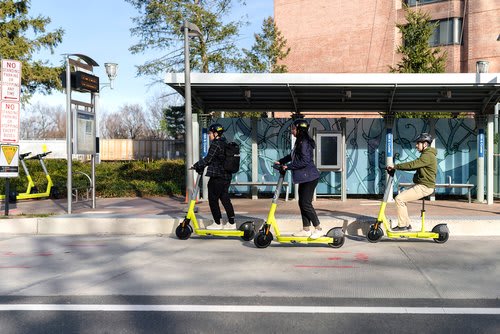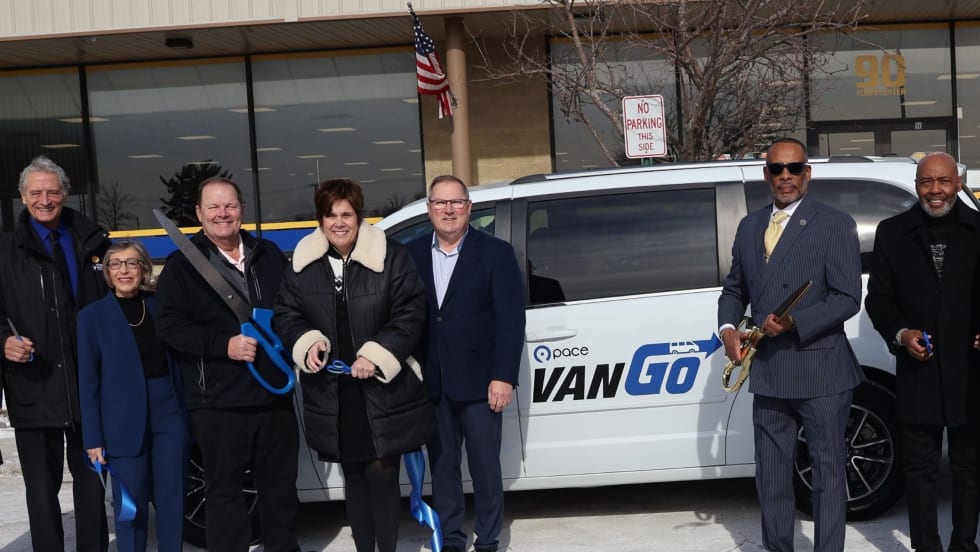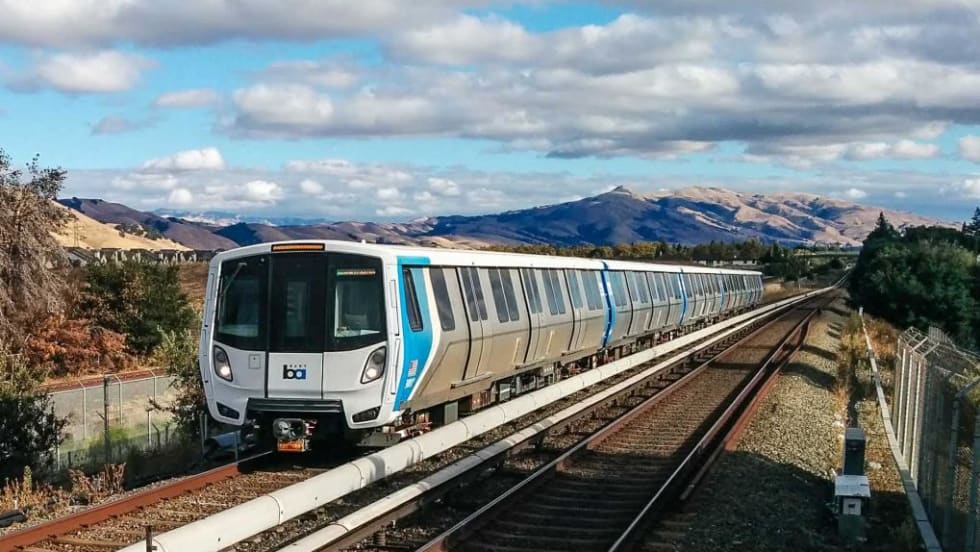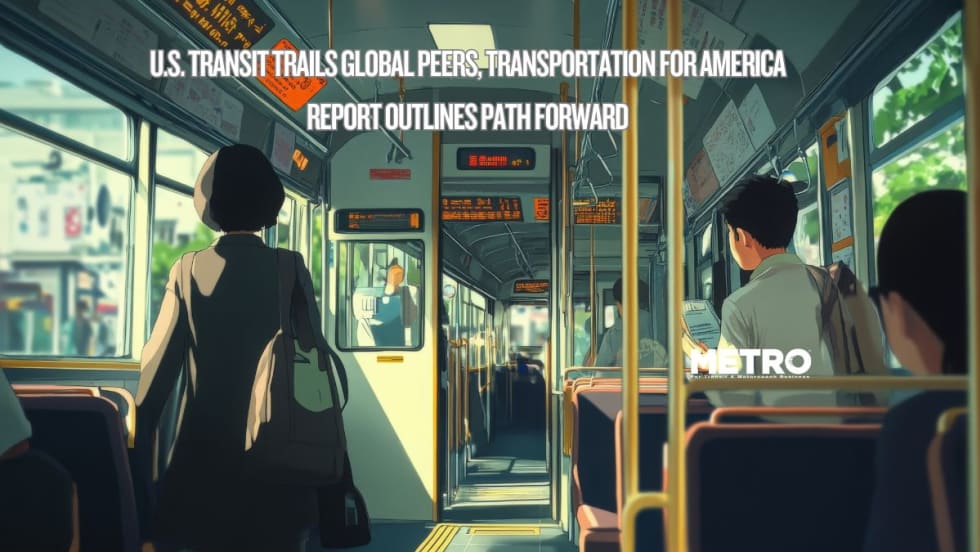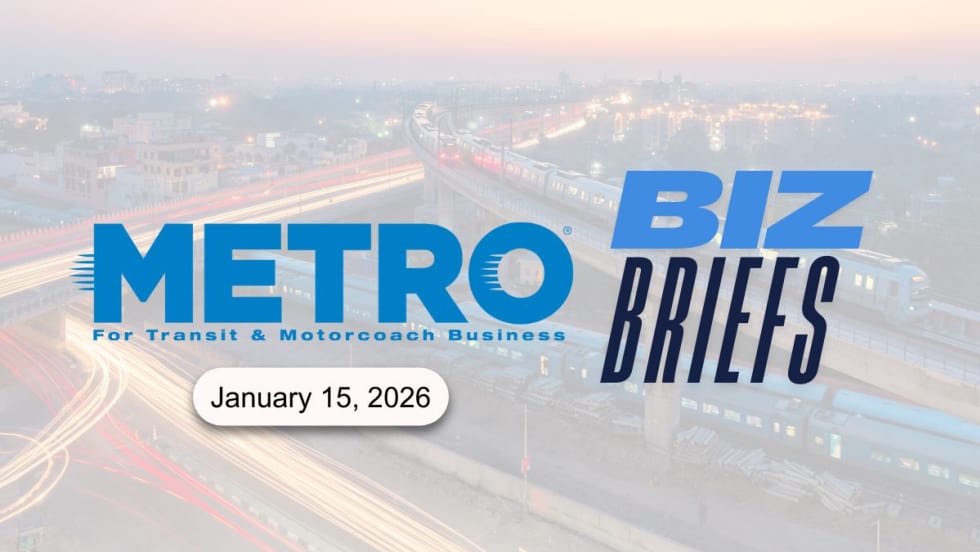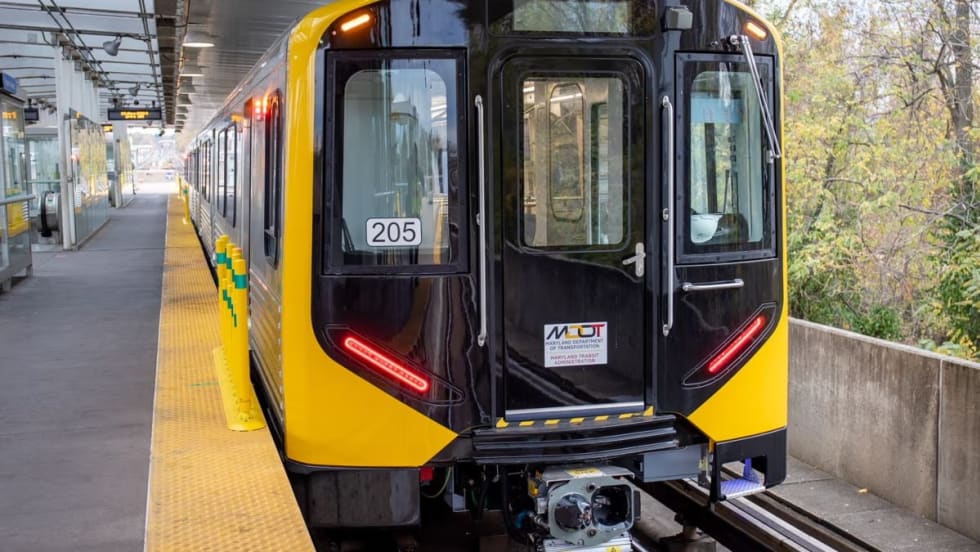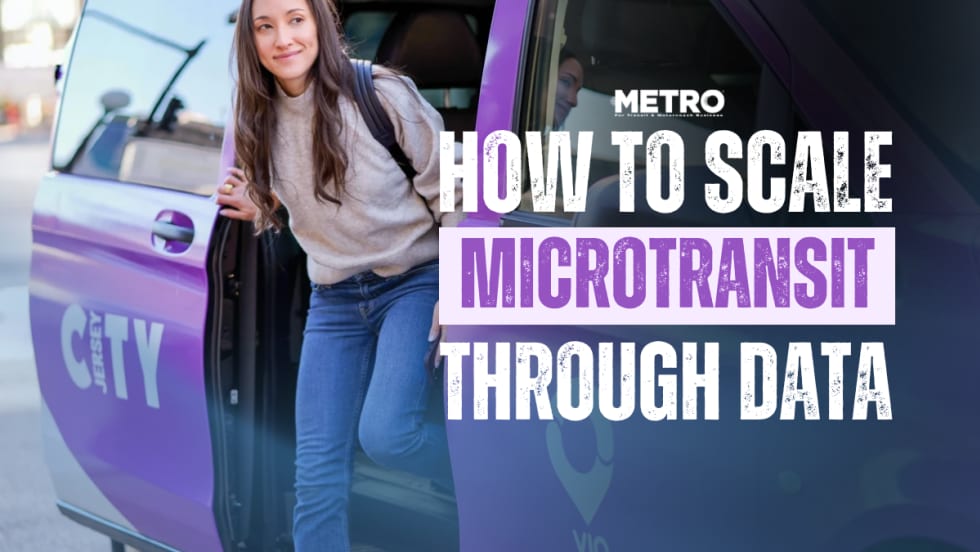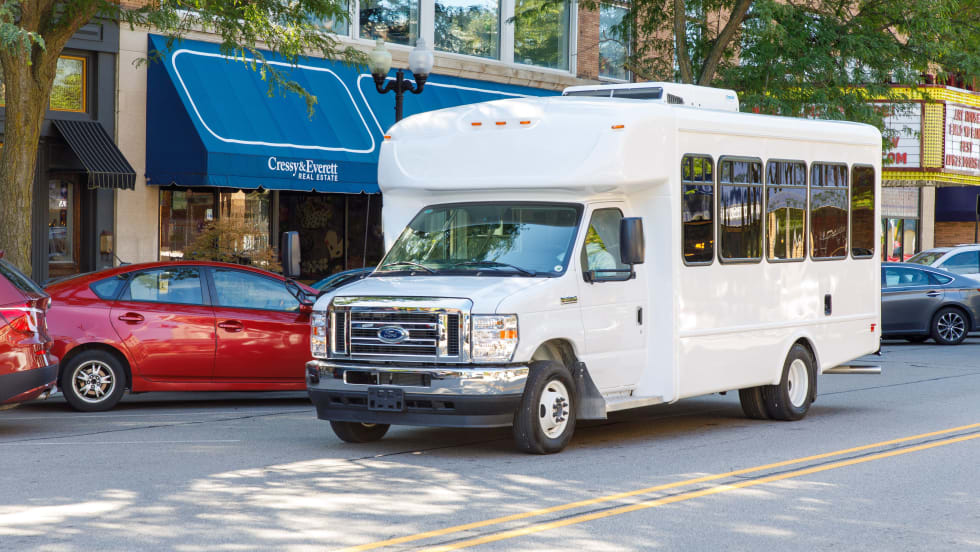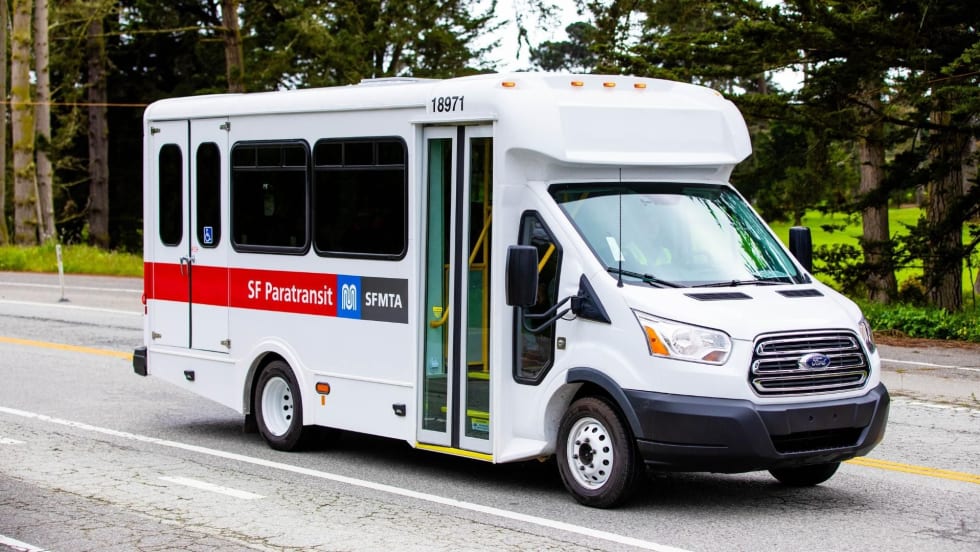Superpedestrian announced it has partnered with the Cities Today Institute on a report that shows how e-scooters can better integrate with public transportation systems.
The report brings together government, system operator, and NGO experts to identify new and existing solutions like mobility hubs that put different transportation options at the same locations, fare integration across modes to lower trip costs, and equity programs that expand access.
“Micromobility is real transportation," said Paul White, senior director of Public Affairs at Superpedestrian. "Based on evidence in our cities across the globe, we know that when micromobility and public transit are more seamlessly connected, they offer a more compelling alternative to private car use. At Superpedestrian, we’re looking to deepen that integration to not only increase the use of shared e-scooters, but to increase the accessibility of public transit as well."
Superpedestrian reported that two-thirds of its e-scooter trips were not related to tourism or recreational use, but for commuting to work, to school, and other daily necessities. In Lisbon, 23% of Superpedestrian’s e-scooter trips averted a car journey, while in San Diego, that figure is 32%.
To increase the use of micromobility to reduce car trips and expand transportation access, the new report examines cities like Pittsburgh and Madrid for solutions.
The report asks cities to consider:
Establishing intermodal transportation hubs, modeled on Move PGH in Pittsburgh, by installing e-scooter parking at important public transit stops
Integrating micromobility fare systems with public transit fares, to lower costs for riders
Improving on-the-ground information and integrated trip planning features, to make intermodal trips easier to identify and plan
Expanding equity programs in micromobility
Deploying e-scooters to fill overnight gaps in public transit
“It’s a great pleasure for CTI to be able to synthesize public and private sector expertise as a tool to make 21st Century Communities work for 21st Century Citizens. Our goal is to integrate affordable and accessible transportation solutions to make cities work better,” said Bob Bennett, chair of the Cities Today Institute. “The Cities Today Institute is proud to have worked with many of our community members and the Superpedestrian team to look in depth at how cities are implementing e-scooter policy.”



